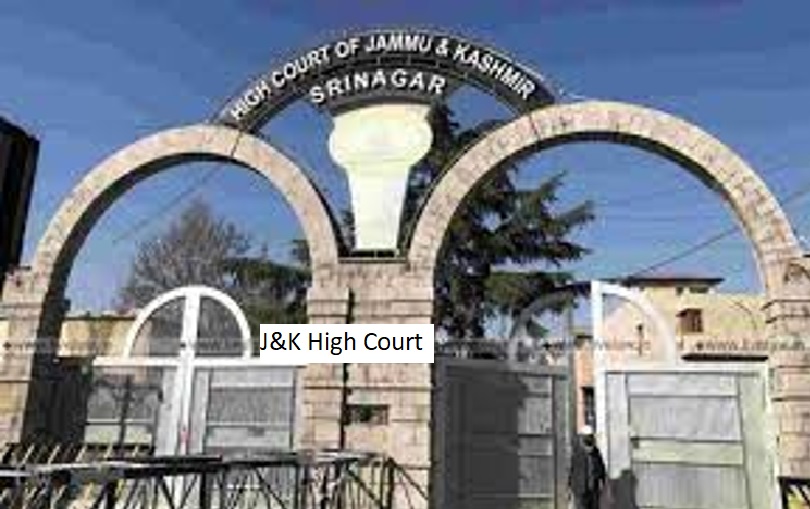


The Jammu and Kashmir and Ladakh High Court recently delivered a significant judgment quashing a detention order under Section 3 of the Prevention of Illicit Traffic in Narcotic Drugs and Psychotropic Substances Act, 1988. The ruling emphasized the critical importance of providing detailed and substantial grounds, particularly in the context of Daily Diary Reports (DDRs).
In the case at hand, a habeas corpus plea was filed by an individual challenging his detention order. Justice Rajnesh Oswal, presiding over the matter, underscored the indispensability of comprehensive grounds, especially concerning DDRs. The detenue argued, through his counsel Rajnesh Singh Parihar, that he was only provided with the detention order and a dossier, with no access to other materials considered by the authorities. Additionally, the grounds of detention were challenged as being vague, failing to disclose any activity that could be deemed a threat to public health and welfare. The petitioner further contended that there was no live nexus between the incidents outlined in the First Information Report (FIR) and the impugned detention order.
In response, the respondents asserted that the detention order was grounded in three FIRs related to drug trafficking and two entries in the Daily Diary of the Police Station, Udhampur. They argued that procedural safeguards were meticulously followed during both the issuance and execution of the detention order.
Justice Oswal, delving into the details of the detention record, noted a significant time gap of one year and three months between the petitioner's last alleged illegal activity and the issuance of the detention order. Citing the precedent set in 'Saeed Zakir Hussain Malik vs. State of Maharashtra 2012,' the court held that such a delay could sever the live link between the prejudicial activities and the purpose of the detention.
“On this ground only, the order of detention is not sustainable in the eyes of law,” the bench declared.
Furthermore, Justice Oswal scrutinized the DDRs, emphasizing their lack of necessary details regarding the specific activities of the petitioner that justified the detention order.
“Both these DDRs are vague and bereft of the necessary details in respect of the specific activities of the petitioner, which necessitated the issuance of the detention order, and as such, these DDRs could not have been relied upon by the respondent No. 2 while issuing the order of detention,” the court recorded.
To fortify the legal standing on this issue, the bench referenced the observation of the Court in ‘Krishan Lal alias Lundi vs. Union Territory of J&K’ wherein it stated, “The daily diary reports being vague and bereft of details of the activities of the petitioner which necessitated the issuance of the detention order, could not have been relied upon by the detaining authority i.e. respondent no. 2 while issuing the order of detention.”
In light of the observed deficiencies in the grounds and the DDRs, Justice Oswal declared the detention order unsustainable and subsequently quashed it. Importantly, the petitioner was ordered to be released forthwith unless required in any other case.
This judgment by the Jammu and Kashmir and Ladakh High Court underscores the judiciary's commitment to upholding procedural fairness and ensuring that detention orders are founded on robust and specific grounds. The emphasis on the indispensability of detailed and substantial grounds, especially in DDRs, serves as a reminder of the stringent standards that must be met to justify preventive detention under the relevant legal provisions. The ruling contributes to the evolving jurisprudence surrounding preventive detention, reinforcing the principle that the deprivation of an individual's liberty requires a careful and thorough examination of the facts and grounds supporting such a drastic measure.
TAGS: Habeas corpus Justice Rajnesh Oswal Grounds of detention Counsel Rajnesh Singh Parihar Vague grounds Live nexus